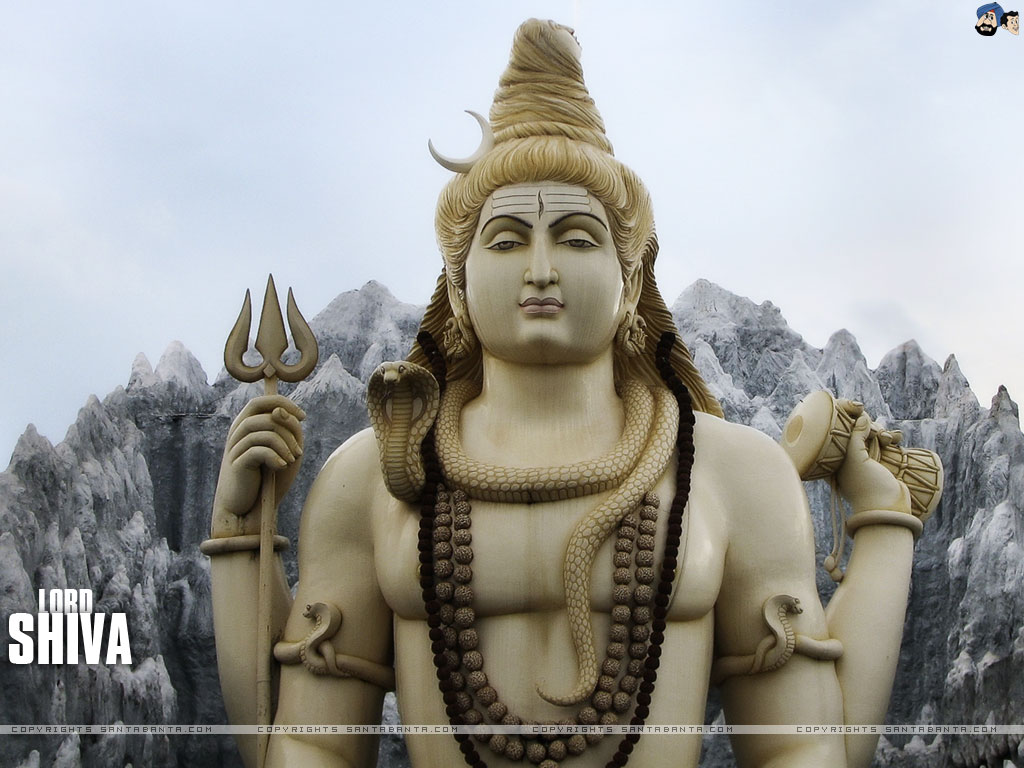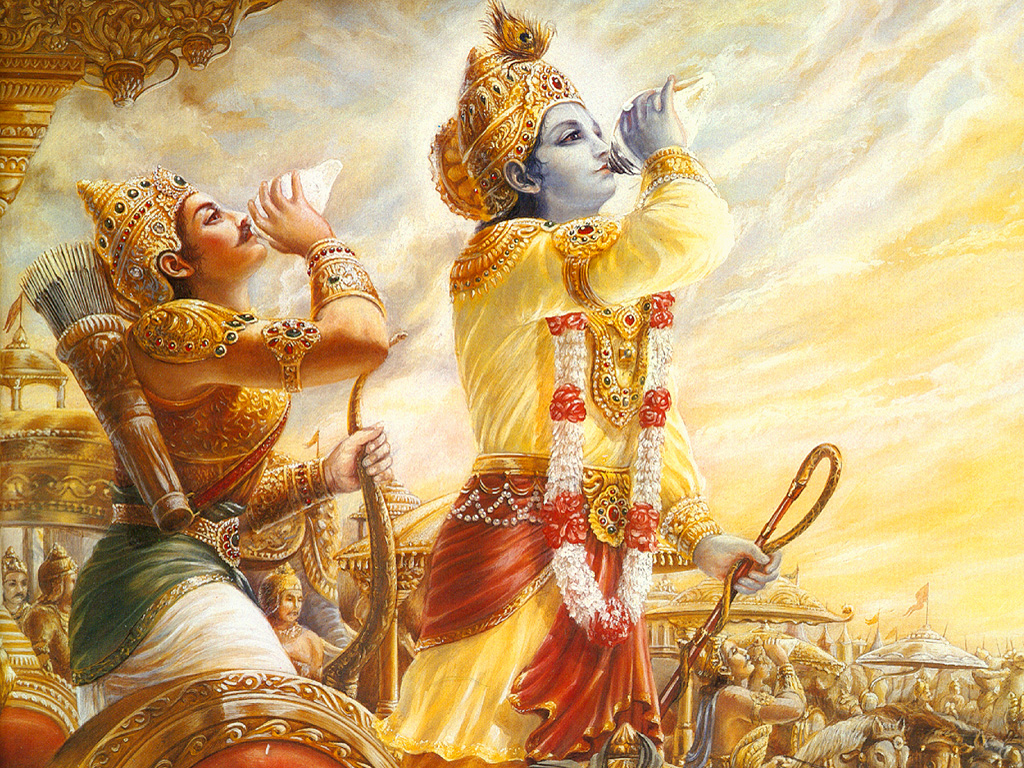Spiritual Journey - From Ignorance, to Knowledge, Intellegence, Wisdom, Devotion,
Enlightenment, and Nirvana
di Sankaracharya wrote a number of Vedantic works for imparting knowledge of the Self and
the universal spirit. He also composed a number of hymns to foster Bhakthi in the hearts
of men. One of these hymns is the famous "Bhaja Govindam".
They way of 'Devotion' is not different from the way of 'Knowledge' (or Gnyana).
When intelligence matures, and lodges securely in the mind, it becomes wisdom. When wisdom
is integrated with life, and issues out in action, it becomes 'Bhakthi'.
Knowledge, when it fully matures, is 'Bhakthi'. If it does not get transformed into Bhakthi,
such Knowledge is useless tinsel.
To believe that 'Gnyana and Bhakthi' (Knowledge and Devotion) are different from each other,
is ignorance. If Sri Adi Sankara himself, who drank the ocean of Gnyana as easily as one sips
water from the palm of one's hand, sang in his later years, hymns to develop devotion, it is
enough to show that Gnyana and Bhakthi are one and the same.
-Sri Raja Gopalacharya,
Writer, Philosopher
hagavad Gita is revered as a sacred scripture of Hinduism and is considered as one of the
most important religious classics of the world. The Bhagavad Gita is a part of the Mahabharata,
comprising 700 verses. It is spoken by Krishna, who is regarded by the Hindus as the supreme
manifestation of the Lord Himself.
Responding to Arjuna's confusion and moral dilemma, Krishna explains to Arjuna his duties as a
warrior and a prince, and elaborates on different Yogic and Vedantic philosophies, with examples
and analogies.
Because of these philosophies, examples, and analogies, Gita is often described as a concise guide
to Hindu philosophy and also as a practical, self-contained guide to life. Gita helps understand
the essence of life and progress half the distance in the journey of spiritual salvation. The other
half is in the implementation of it in life.















